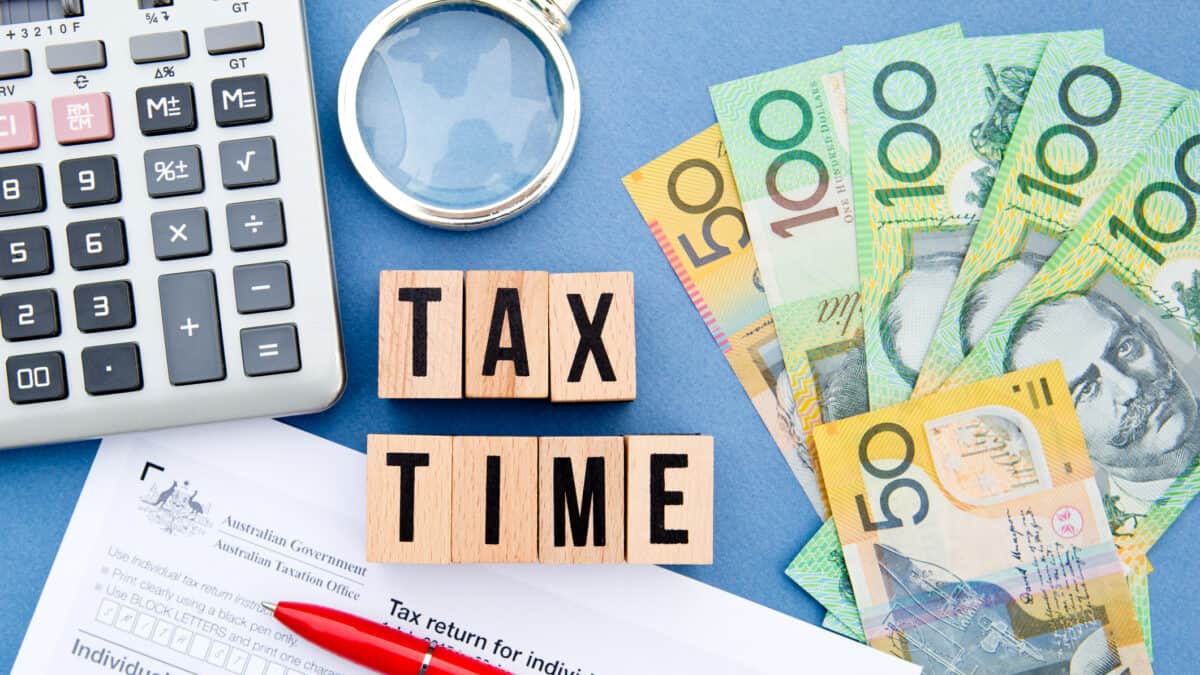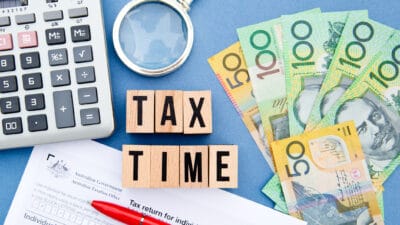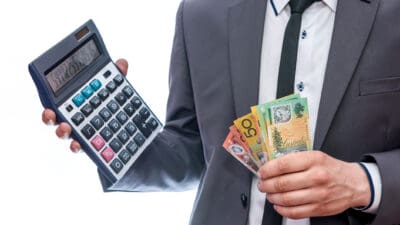Given we're now well into the month of June, it's inevitable that many Australians' attentions will be turning to their tax returns. With individuals' income tax returns due from 1 July, many of us will be looking forward to that annual windfall that often comes alongside a lodged tax return. However, many investors who own ASX shares might not be getting as much cash back as they might be entitled to.
If you own and invest in ASX shares, it immediately opens up some tax deduction doors that are not ordinarily open to your average Aussie. Understanding these doors and how you can use them to save a few extra dollars is vitally important to building your wealth using ASX shares.
So today, let's discuss three investing deductions that you might not even be aware of today. A caveat, though. The deductions we'll be discussing may not apply to you or your affairs. So make sure to double-check your claims with a licensed tax professional before you claim them from the Australian Taxation Office (ATO). Otherwise, you might get a nasty surprise.
Three tax deductions to claim if you own ASX shares in FY2024
Expenses arising from your investments
The general rule when it comes to tax deductions from investments like ASX shares is that any money you spend directly in the service of your portfolio is a deductible expense. If you use a computer or mobile phone to manage your portfolio, those expenses might be at least partially deductible.
You can also usually claim financial investment advice fees as a tax deduction if they relate to your ASX shares portfolio. Additionally, if you utilise a margin loan or other gearing strategy, any interest costs you might incur are deductible if the loan is for investment purposes.
Educational expenses
Many investors like to keep abreast of the current events in the financial world to help them invest appropriately and prudently. What you might not know is that any expenses you pay to further your investing portfolio are usually deductible.
Let's say you choose to buy financial newspapers, investment magazines or online journals to pad out your financial knowledge. Chances are these will be at least partially tax deductible too. But only if you act on them and actually own ASX shares.
The tax perks of owning ASX shares
Investing in ASX shares isn't a free lunch when it comes to paying taxes. Income that you receive in the form of dividends or distributions from ASX shares or exchange-traded funds (ETFs) is regarded as ordinary income by the ATO. These are taxed as income accordingly.
Likewise, if you buy a share and sell it for a profit down the track, those profits are counted as capital gains and are also taxed as income. However, if you buy an ASX share and hold it for longer than one year before selling it, you might be entitled to a 50% discount on those capital gains when declaring them for income. This can make the income that one earns from shares more attractive from a tax perspective.
Additionally, you probably know that most ASX dividend shares also pay out franking credits with their dividends. As we discussed earlier this week, franking credits can considerably boost the returns you receive from investing in ASX shares.
These credits, a reflection of the corporate tax already paid by a company, can be used as a tax deduction against all other income. So make sure that your tax return reflects the level of franking you are entitled to receive this year.









